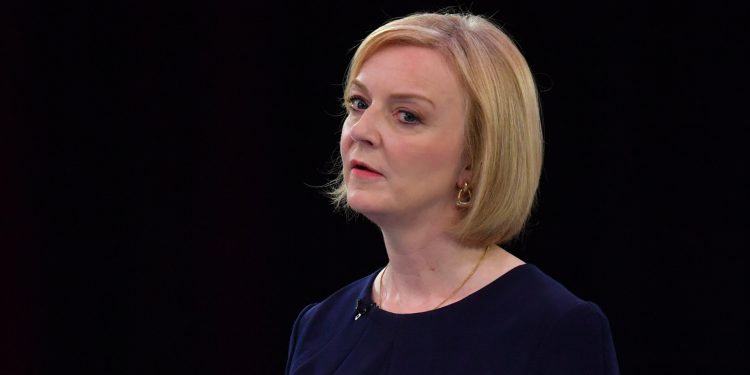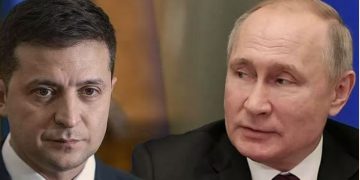Liz Truss, the Right-wing Conservative Party leader, becomes the new Prime Minister of the United Kingdom replacing Boris Johnson who had to resign in the wake of what is known as the ‘Partygate’ scandal. She is the country’s third woman PM from the same party and fourth leader in six years. She takes charge in the most inopportune time. The UK is passing through a cost-of-living crisis fuelled by soaring energy bills due to the war in Ukraine. This crisis may plunge the country in the coming winter into darkness with unprecedented power-cuts.
The economy is already hit hard by gas prices and a wave of industrial action of the kind not seen during the past five decades. Added to these woes is the spectre of stagflation that is looming large. What is worrisome is that Truss has not provided specific details on how she will tackle high energy prices, sky-high inflation, labour strife, and a strained healthcare system. The UK has virtually been rudderless for the past few weeks when the country was plagued by workers’ strikes that have disrupted ports, trains and multiple industrial sectors.
The new PM has to fix crucial problems as the country has been lurching from one crisis to another. But, the prescriptions Truss has so far hinted at do not inspire much confidence. Households in the UK are facing a record 80 per cent jump in energy bills, triggered by shortage of gas due to Russia’s war on Ukraine. Truss has ruled out energy rationing this winter, pledging instead to increase energy supply. However, officials fear without energy rationing, the country may have to suffer blackouts for several days in January. The problem may even be compounded if cold weather combines with gas shortages.
Truss evaded answers when it was pointed out to her that as per a report her energy plan could exceed 100 billion British pounds. It means available funds to be used for the purpose are not enough to bail the country out. But, she is firm in her belief and says she will be looking across the board to make sure energy supply is augmented. This, according to her, is how her government would deal with “the root cause of the issue,” rather than just putting a sticking plaster on it.
Being a votary of tax cuts, she has ruled out a further windfall tax on oil and gas companies that have recorded profits this year. She has pledged to cut taxes that will cost 38 billion pounds annually, but which economists say could actually cost more than the calculated amount. However, these tax cuts are hardly the solutions needed at the moment. The reasons for Britain’s abysmal productivity growth are listed to be a lack of investment in infrastructure, skills and other forms of capital. Without new taxes, Truss will have to depend on extra government borrowing or cuts to spending elsewhere to finance further household support. This, according to some economists, will exacerbate the already-high inflation.
Even before Truss assumed charge, business leaders from the hospitality sector to manufacturing and chemical industries started demanding help, with the soaring cost of energy and tight labour markets, to stop firms going bust. She has promised to act quickly and declared she would unveil, within a week, her plan to tackle rising energy bills and secure future fuel supplies.
Truss has daunting tasks ahead which opposition parties say reflects 12 years of poor Conservative government. Veteran Conservative lawmaker David Davis seems to have sized up the matter well when he describes challenges confronting the new PM as “probably the second most difficult brief of post-war prime ministers” after Conservative Margaret Thatcher in 1979.
Things may not look as rosy as Truss wants her countrymen and the world to believe. For, there could be challenges from within her party as well. The margin of her victory against her rival, Rishi Sunak, has been much less than what was expected. This shows many of her own party leaders may make sure she would have stormy days ahead. What, however, makes many wonder is her plan to face the challenges that could manifest as a drastic foreign policy deviation. Without energy, the UK may have real problems this winter and that may force Truss to change course and support Russia. If that does happen, it would indeed have a massive global impact.






































